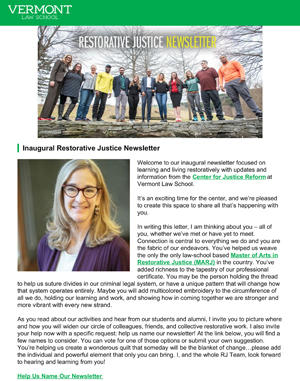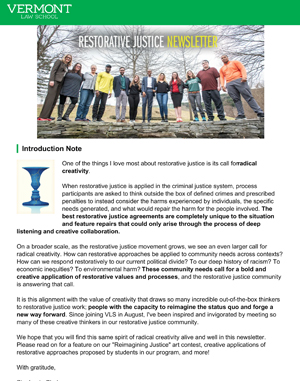About This Class
Many legal and policy questions are deeply rooted in science, including global climate change, abortion, homosexuality, DNA forensics, evolution, genetically modified organisms, and the safety and effectiveness of prescription drugs. Sometimes the underlying science is sound, but it is distorted when communicated to the public. Other times, litigation or polarized public debate leads to biased scientific research being conducted in the first place. In the first part of the course we will look at a series of case studies, including biased research on the safety and effectiveness of Vioxx and heart attacks, teaching evolution in public schools and Kitzmiller v. Dover, a biased fracking study that led to changes in conflict-of-interest rules at a major research university, scientific studies allegedly relevant to debates on the effectiveness of gun control, and forensic science, especially the reliability of eyewitness and DNA evidence. In developing each of these initial case studies, we will read a scientific paper that contains biased results, and a companion legal case or policy document. The students will learn tools for critiquing scientific papers, and will develop an understanding of the ways in which science contributes, or not, to legal and policy decisions. The second part of the course entails class discussion of scientific papers chosen by the students. Each student writes a short term paper that critiques one specific controversial scientific paper of their choosing, and leads a class discussion of it. Students have great latitude in choosing the scientific paper they will critique. The instructor assists each student in identifying an appropriate scientific paper, and provides lots of individual help to each student as they develop their critique.Method of evaluation: Term paper & class participation.
AWR: Yes.



















